England Marlie Packer I’d Give My Son the World
“We are in France and the public will be Hostile,” says Marlie Packer, while watching with pleasure the decider of the Six Nations Grand Slam on Saturday in Bordeaux. “But we know that it can be upset because of the French crowd. If you are not satisfied with the way your team is playing, they turn on you and make things a little more difficult for you.”
Packer will win her 104th international match and as captain she also knows that England have not lost a Six Nations game for six years. She played during this last defeat in March in Grenoble against France and therefore has an acute awareness of the light and the shadow in Rugby and life. Packer lost two atrocious World Cup finals to New Zealand, but she helped England win the tournament.
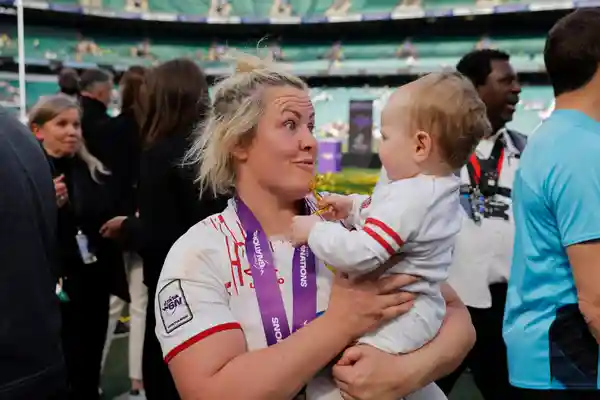
Ten years ago, Packer, not known to most people, mourned the gone of her father – and the reality that her father, who was in prison and was not in prison, was little more than a shadowy and disruptive presence in her life. The 34-year-old flanker will soon talk about the subsequent depression that she overcame and reflect on how becoming a mother helped her find peace with her past.
Packer will also speak with commitment about her job as a plumber, a role she took on as an international before professionalism changed women’s football, and the unlikely partnership she and new head coach John Mitchell have formed, as her team now plays with an enthusiasm and freedom that English Rugby often lacks.
Last Saturday, in front of 48,000 raucous fans, Packer led England to an 88-10 demolition of Ireland as they scored 14 tries to win their fourth consecutive game in this year’s Six Nations. “We are going from an incredible experience at Twickenham to an absence at Bordeaux,” says Packer. “But there will be a similar number of French fans. The pressure, the hostility and the team we are facing will make it more intense. We have to make sure we show a performance like last weekend and play with a smile on our face, because if we do that we will silence this crowd.”
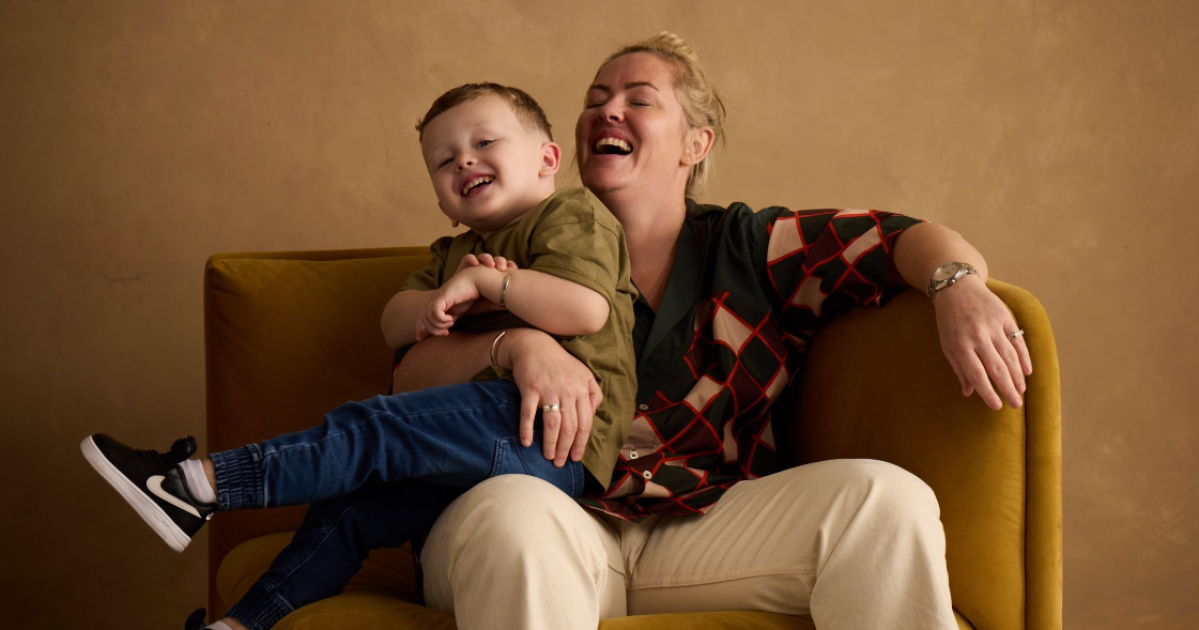
Packer winces when I ask him how it felt to lose 18-17 and at the last Minute against France six years ago. “It was a serious loss. We were disappointed and disappointed – but determined to come back stronger. You need to move forward and learn from your losses.”
The England team has changed a lot since that defeat, but France, which also won all four matches this year, remains their closest European rival. The most striking contrast was the elegant and emphatic nature of England’s victories. France’s points difference is plus 94; England scored 208 more points than the teams they defeated.
Even Packer seems surprised, albeit delighted. “Not at all,” she says when asked if she expected Mitchell, known for his work with forwards and in defence in men’s rugby, to introduce such an expansive style of play. “But I didn’t know at all what to expect from John Mitchell. During my first call with him, I was really surprised by his accent.”
Packer laughs. “It’s a very New Zealand accent. But you learn a lot about John very quickly. If there is silence, he will not fill it with meaningless discussions. Seven weeks ago, we received a video from his granddaughter on a sliding Go-Kart in the garden and it showed what he wanted from us. Release the handbrake and do it. This is his great motto.
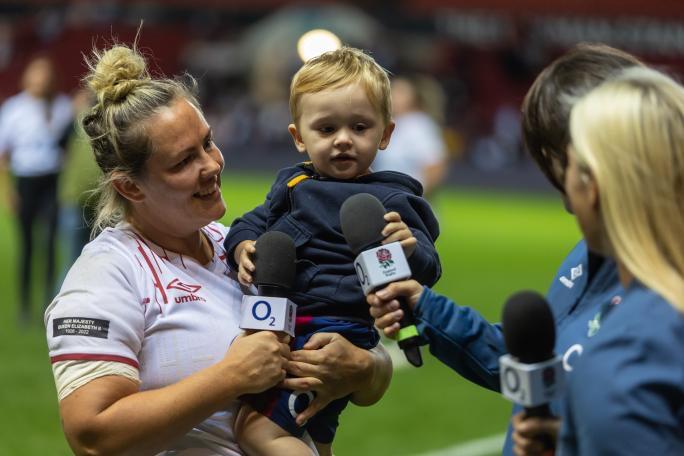
“For many years we have been very dominant. We still dominate this area, but we got the license to play Rugby. Our back has become alive. The last three were phenomenal, but so were our first five. The way the whole team is playing is extraordinary and that has led to all the attempts.”
Packer won his 100th award. She played her third international match in the opening match in Italy and she was relaxed when Mitchell sent her to the bench for the third match against Scotland. She scored the eighth and final try in a 46-0 win and Packer dismisses speculation that Mitchell may have abandoned her in a warning to the team that no one should feel enough. “We were quite frank and had a conversation before the six Nations about the fact that I may not be involved in one of the games because of our depth and that I want to make sure that if something happens to me, someone else can intervene.
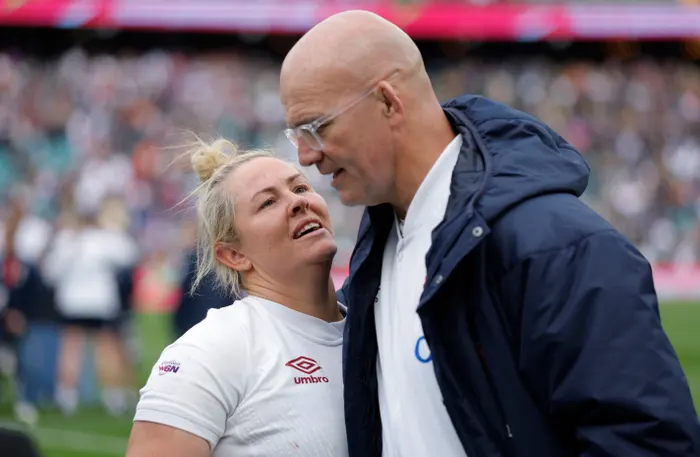


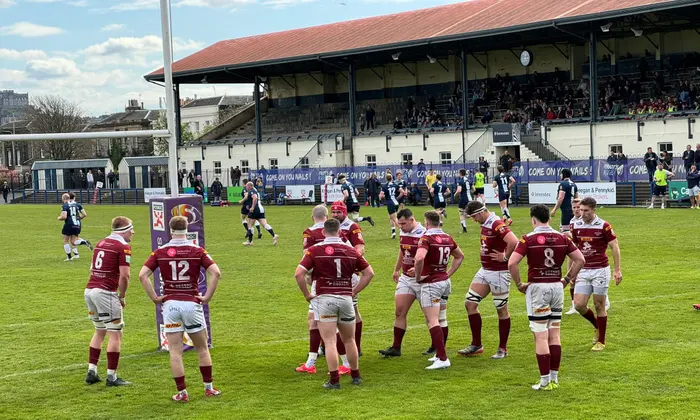
Post Comment